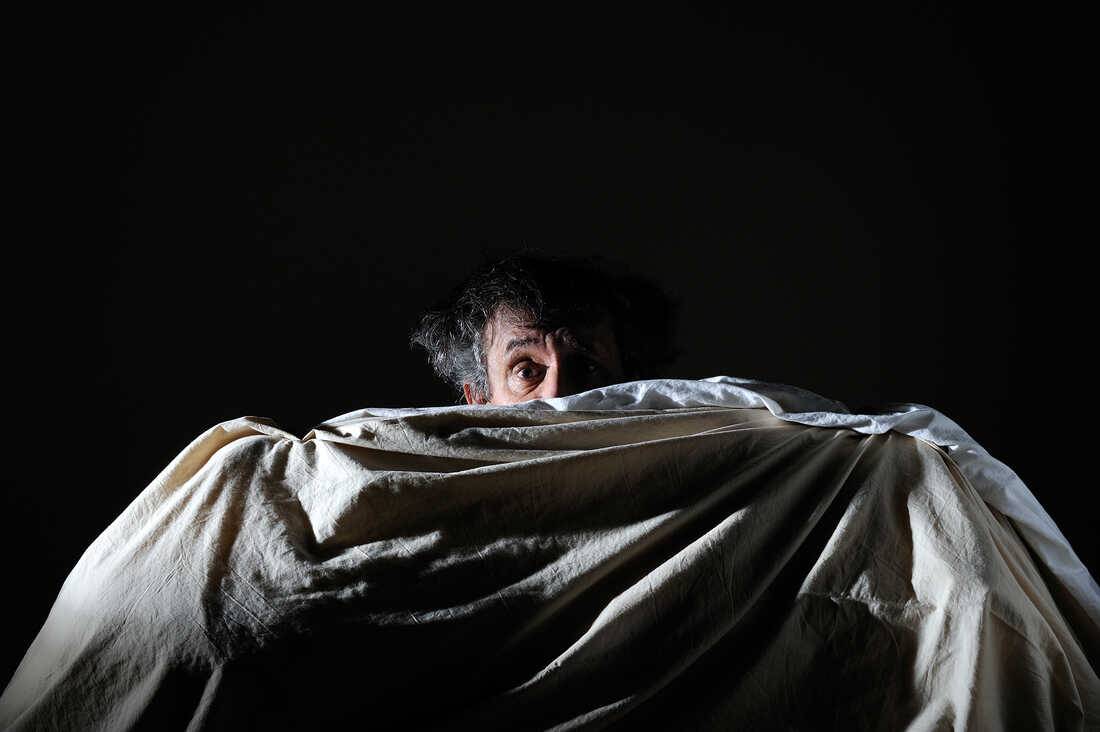An Experiment conducted Proved The Imbalance Of Sleep
A team of scientists from Brown University recruited 35 healthy volunteers, invited them to spend 2 nights in a laboratory equipped with a week-long interval between nights, and studied their brain activity.
They found an asymmetry in the depth of sleep between the left and right portions of the brain. The right hemisphere was more sleepy as compared to the left.
The left was more vulnerable and sensitive to strange (and therefore potentially dangerous) sounds. A week later, during the second night in the lab, the depth of sleep between the hemispheres was much more symmetrical.
The Researchers Shared How To Overcome FNE
Although FNE, as a phenomenon, is quite interesting, it can cause many problems for those who regularly experience it. Lack of sleep can cause problems like obesity, high blood pressure, or diabetes; however, it is not so desperate.
Scholars say that our brains can be trained to resist FNE when we experience it frequently. Yuka Sasaki explains it in this manner: “Human brains are very flexible.”
Sleep researchers have come up with a number of practical tricks to help you overcome FNE and get a good night’s sleep, no matter where you spend the night.
Since the FNE is linked to sleeping in an unfamiliar place, your goal is to make the new place look like your bedroom.
Bring something familiar: your pillow, your favorite pajamas, or a hot drink that you usually take before going to bed.
Maintain your normal sleep routine: try to go to bed at exactly the same time you usually go to bed and follow the usual routine rituals you go by at home.
Make the environment as familiar as possible: for example, try to book a hotel room with the same bed size you have at home; If you have double beds at home, it might feel strange to sleep in a single one.



No comments yet
Be the first to share your thoughts!